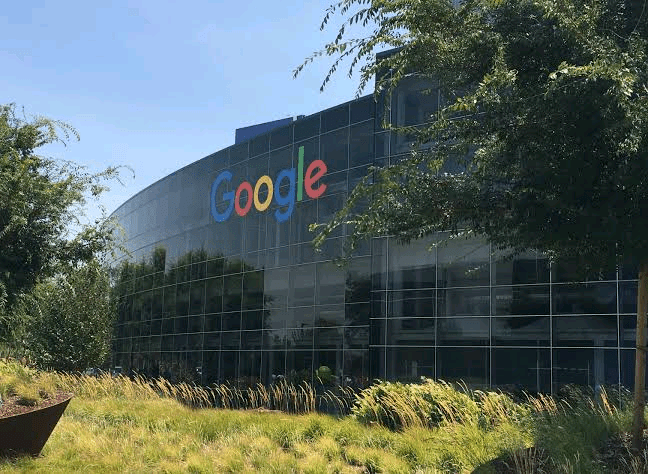Google will pay $391.5 million to settle a location tracking lawsuit brought against it by 40 US states that claimed the big data behemoth continued surveilling consumers’ movements even after these users explicitly told the Chocolate Factory to stop tracking them.
It then used this data to rake in advertising dollars, according to the states’ attorneys general.
The payout represents the largest multi-state privacy settlement in US history, according to Oregon Attorney General Ellen Rosenblum and Nebraska Attorney General Doug Peterson who led the lawsuit. Those two states will also receive a sizable piece of the settlement money from Google: $14.8 million for Oregon and $11.9 million for Nebraska.
Read Also: 2023: PDP Has No Chance To Win Any State, Nigeria – Imo State APC
Rosenblum said in a statement;
For years Google has prioritized profit over their users’ privacy. They have been crafty and deceptive. Consumers thought they had turned off their location tracking features on Google, but the company continued to secretly record their movements and use that information for advertisers.
In addition to paying the states nearly $392 million, Google also agreed to take several measures to make it easier for users to turn off location tracking and delete their past data, plus promising to be more transparent about what types and sources of location information it collects.
Google, per the settlement agreement [PDF], does not admit to any wrongdoing or violating any laws.
Google spokesperson José Castañeda said;
Consistent with improvements we’ve made in recent years, we have settled this investigation which was based on outdated product policies that we changed years ago.
This is the second privacy lawsuit Google has settled with US states in as many months. In October, Google agreed to pay $85 million to settle a similar lawsuit in which the Arizona attorney general also alleged deceptive tracking practices.
Google faces more of these fines in the future: In January, the attorneys general of Indiana, Texas, Washington state, and Washington DC filed lawsuits against Google alleging that the search giant uses deceptive user interface designs known as “dark patterns” to obtain customer location data without adequate consent.

